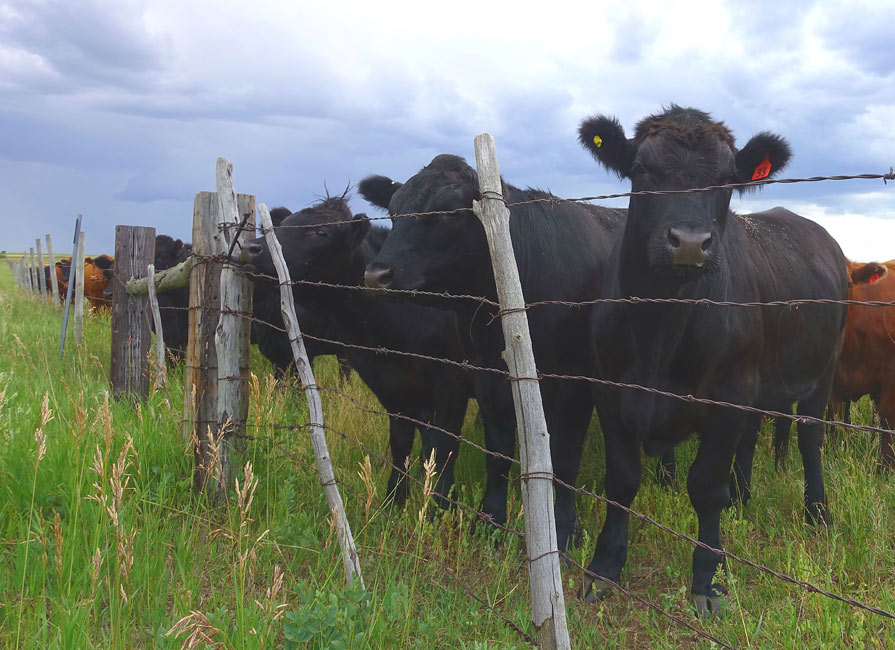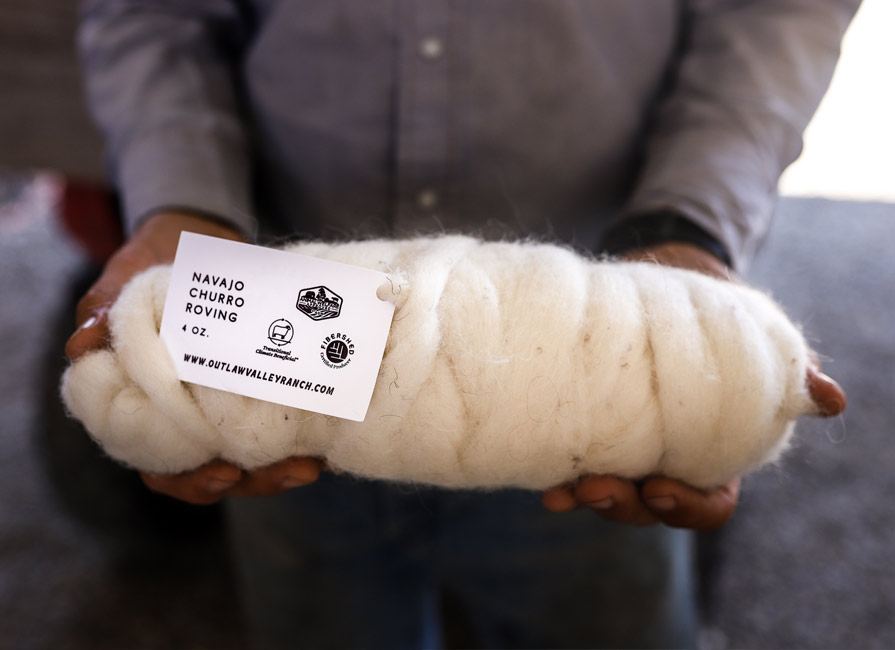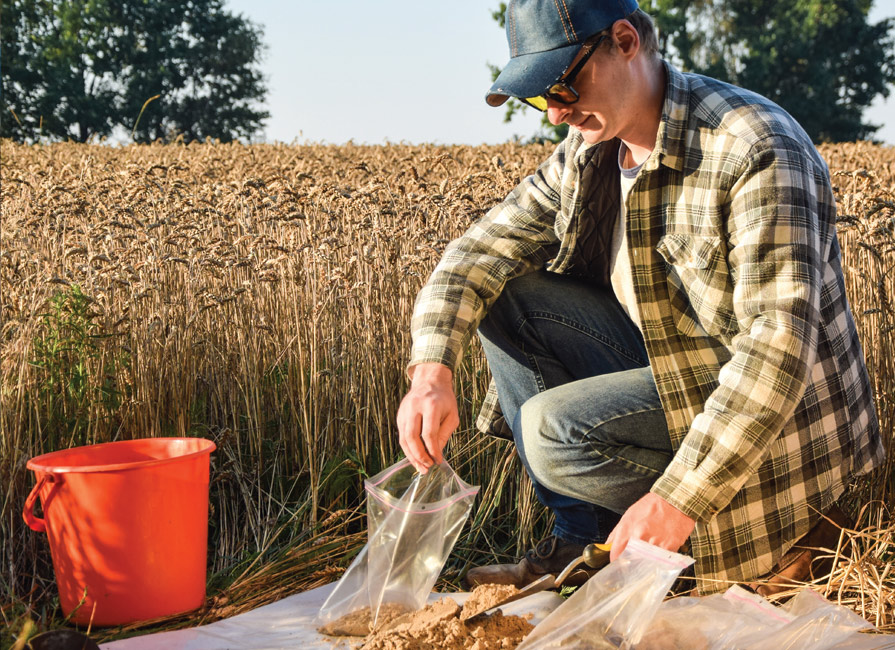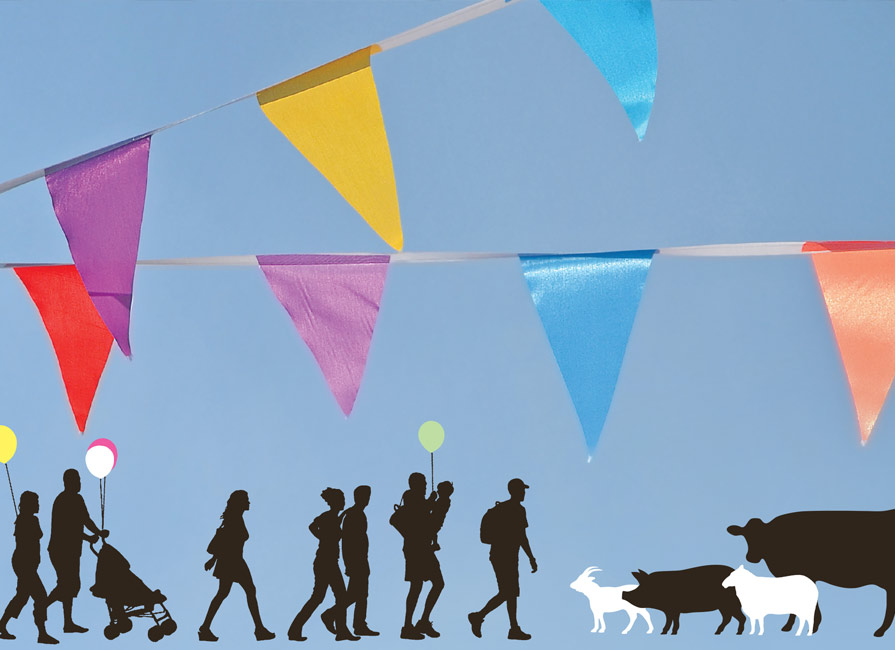Market research shows that today’s consumers are increasingly interested in knowing where their food comes…

What does buying local mean to you?
TK Ranch Guest Blog
By Colleen Biggs from TK Ranch in Alberta, Canada
Driving home to the ranch I heard an ad from a Calgary grocery chain reassuring consumers that they only buy their beef, pork and chicken from local farms. I know what local means to me, but how might the average consumer interpret that message? If I had no connection with agriculture, I might think they were buying from stereotypical family farms and offering something different than other grocery stores. But are they? Or are they simply using language as a marketing tool? This begs the question, what does local actually mean in this day and age?
When I was growing up in Alberta food economies were still local. Many small towns had a local creamery, butcher shop, bakery, flour mill and grocery store that bought from local farms that surrounded their communities. Farms brought their eggs, pigs, turkeys and produce into town to sell. Back then our population was not as concentrated in urban centers. Everybody I knew had a relative that lived on a farm or in a small community. That was 50 years ago, and things have changed.
Many towns vanished from the prairies along with their local food economies as people migrated to urban centers for more job opportunities. This population shift meant farms had to adapt too. Many farms sold out because they couldn’t make a living raising small numbers of livestock or produce anymore. Farms got bigger and food became more of a commodity than a local ingredient for the family meal. Our food system shifted from local to industrial to meet the needs of growing urban populations.
The fact that this Calgary grocery chain is committed to buying local meat is definitely better than importing it from the US or Australia. But my concern is that consumers will interpret their local message to mean something else. That the meat they are buying comes from different sources than JBS, Cargill, Olymel and Lilydale that are all local to Alberta. These large packing plants source livestock from local producers which are most often large feedlots, farrow to finish confinement hog barns and poultry barns that can finish 100,000 chickens at a time.
So, when you hear the message that a grocery chain is buying local make sure you ask them what this actually means. Don’t be convinced you are buying anything different than what they were selling before Covid-19 because likely nothing has changed. If you want to support something different then you need to look outside of mainstream grocery chains. Yes, this takes more effort, but by voting with your dollars you can help change our food system.
This blog was written by Colleen Biggs from TK Ranch in Alberta, Canada and shared with permission. TK Ranch raises Certified Animal Welfare Approved by AGW, Certified Grassfed by AGW beef cattle and lamb and Certified Animal Welfare Approved by AGW pork. Products from TK Ranch are available in several retail outlets across Alberta and TK Ranch also delivers pre-purchased orders to the Calgary and Edmonton areas and ships to Whitehorse, Yellowknife and Fort McMurray. For more information about TK Ranch or to place an order, visit tkranch.com, or call 888-857-2624. You can also follow the ranch on Facebook, Instagram and Twitter.



